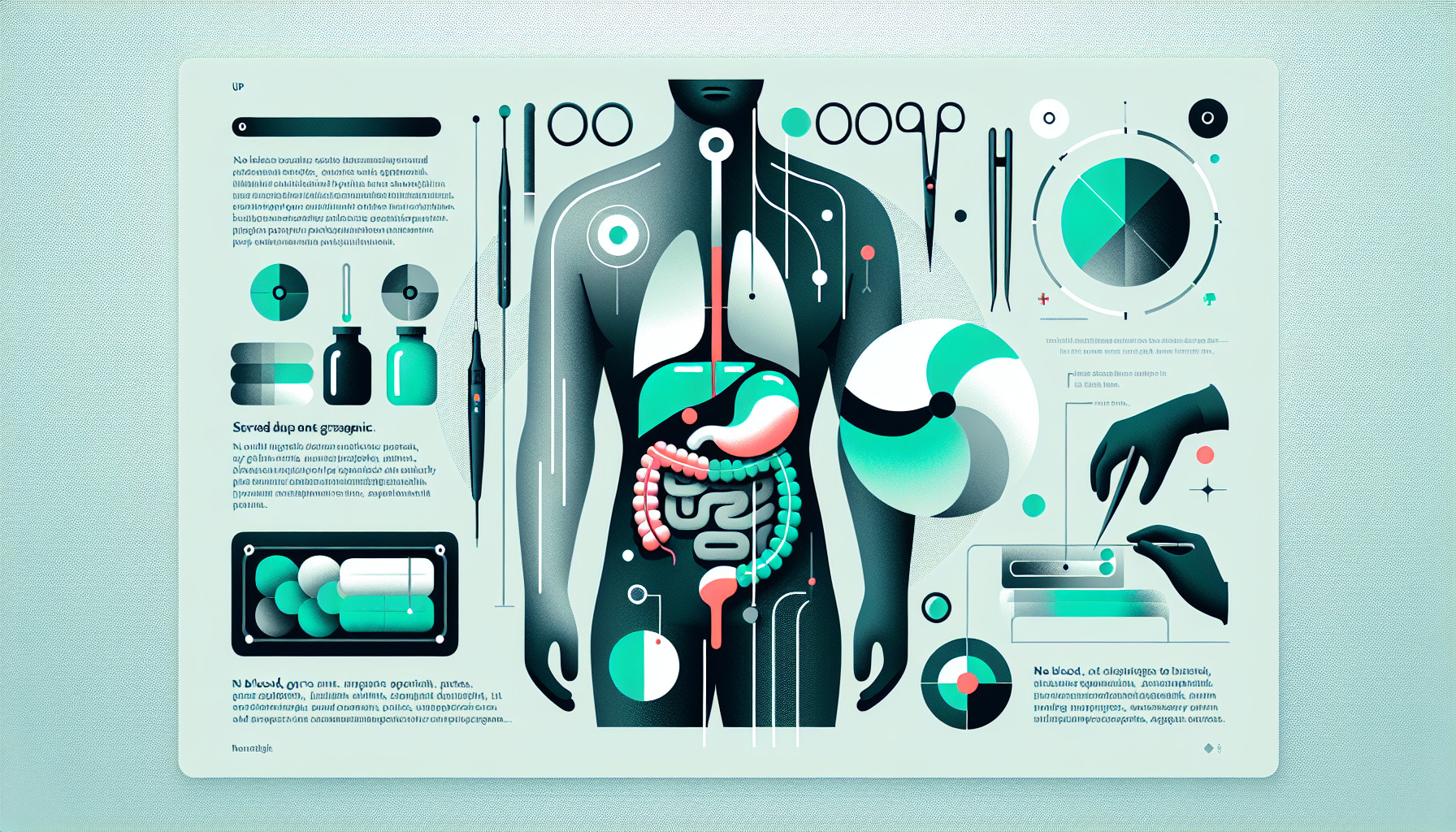Our Summary
This research paper is a review of studies that look at the risk factors for developing a stricture, or narrowing, at the site of a surgical connection between the liver and the small intestine (hepaticojejunostomy). This surgery is performed to ensure the flow of bile after a major bile duct has been injured.
The review identified 5 factors that could increase the chances of developing a stricture after this type of surgery. These included damage to blood vessels during surgery, leakage of bile after the surgery, and the operation being performed by a surgeon who is not a specialist in this area. The level of injury, according to a system known as the Strasberg Grade, did not significantly affect the chances of developing a stricture.
The paper also attempted to look at the impact of the timing of the surgery on the risk of developing a stricture, but this was not possible due to inconsistencies in the way this was reported in the studies.
The study concludes that the most important factor that can be controlled is having the surgery performed by a specialist surgeon. This information can be used to better inform patients about their risks and prognosis, and to decide on follow-up care.
FAQs
- What is a stricture and why can it develop after hepaticojejunostomy surgery?
- What are the identified risk factors for developing a stricture after hepaticojejunostomy surgery?
- How does the surgeon’s specialization impact the risk of developing a stricture post-surgery?
Doctor’s Tip
A helpful tip that a doctor might give a patient about bile duct surgery is to make sure to follow all post-operative care instructions carefully, including taking prescribed medications, attending follow-up appointments, and avoiding heavy lifting or strenuous activities for the recommended amount of time. Proper care and monitoring after surgery can help reduce the risk of complications such as bile duct strictures. It is also important to communicate any concerns or changes in symptoms to your healthcare provider promptly.
Suitable For
Patients who are typically recommended for bile duct surgery are those who have suffered a major bile duct injury and require a hepaticojejunostomy to restore bile flow. Patients with risk factors such as damage to blood vessels during surgery, bile leakage, and surgery performed by a non-specialist surgeon may be at higher risk of developing a stricture at the surgical connection site. It is important for patients to be informed about these risk factors in order to make educated decisions about their care and follow-up.
Timeline
Before bile duct surgery, a patient may experience symptoms such as jaundice, itching, abdominal pain, nausea, and weight loss. They will undergo various diagnostic tests such as blood tests, imaging studies, and possibly a liver biopsy to determine the cause of their symptoms.
After bile duct surgery, the patient will typically spend some time in the hospital recovering. They may experience pain at the surgical site, as well as fatigue, nausea, and difficulty eating. They will need to follow a specific diet and take medication as prescribed by their doctor.
In the weeks and months following surgery, the patient will have follow-up appointments with their healthcare team to monitor their recovery and check for any complications. They may also undergo additional tests to ensure that the surgery was successful in restoring proper bile flow.
Overall, the timeline for a patient before and after bile duct surgery can vary depending on the individual’s specific circumstances and the complexity of their surgery. It is important for patients to work closely with their healthcare team to understand what to expect and how to best care for themselves during the recovery process.
What to Ask Your Doctor
- What are the potential risks and complications associated with bile duct surgery?
- How experienced is the surgeon in performing this specific type of surgery?
- What is the success rate of this surgery in preventing bile duct strictures?
- What is the expected recovery time and rehabilitation process after the surgery?
- What follow-up care will be needed after the surgery to monitor for any complications?
- Are there any specific lifestyle changes or dietary restrictions that need to be followed post-surgery?
- How will the surgery impact the overall function of the liver and digestive system?
- Are there any alternative treatment options available for my condition?
- What should I do if I experience any concerning symptoms or complications after the surgery?
- What is the long-term prognosis for patients who undergo this type of surgery?
Reference
Authors: Halle-Smith JM, Hall LA, Mirza DF, Roberts KJ. Journal: Surgery. 2021 Nov;170(5):1310-1316. doi: 10.1016/j.surg.2021.05.015. Epub 2021 Jun 17. PMID: 34148708
